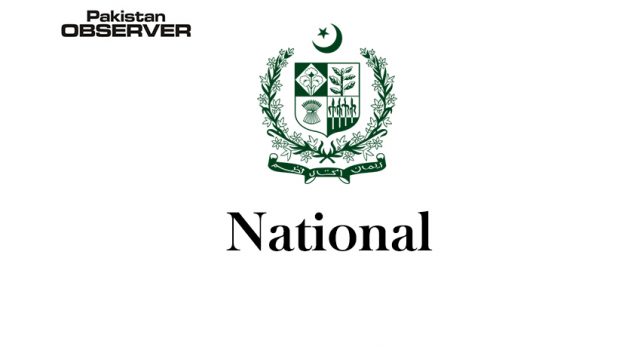Salahuddin Haider
THIS week’s supreme court judgment on services chiefs’ appointment, their tenures, rules and regulation governing their employment, was not only historic, but added a shining chapter in judicial history, for apart from being important it also saved the country from like chaos.
The chief justice and his fell judges on the 3-member bench, deserve full marks, nation’s appreciation and gratitude for all times to come. In nature and character, the case itself was important, and unique, for never before in 72 years of country’s existence as independent identity, such a case was ever heard before and the kind of arguments offered from both sides of the divide and judges own remarks, questions etc, sought clarity in State and judiciary’s governance.
One must admit unhesitatingly that mistakes committed by the bureaucracy or the prime minister and the President, could have set wrong precedents. A private petition about the content of the summary signed by those at the helm by little or unknown identity of Rahi, was to be withdrawn, but by then the apex court was already sized of the matter, and considering its deep imprint on future history, opted to turn into a sou moto case. Rightly so, because the mistake ignored since 1947, had to be corrected now. Right time to do. The elevated judges took a wise decision.
The principle question, also debated in during pendency of the case, was how could a government change it stance and put up summaries for extension of the present army chief, for in the first instance, word “ appointed” was used. Naturally, this meant, placing a new man for the coveted job, sensitive also because of army’s command which could not be left unattended.
On subsequent objections from the honourable court, fox pas in fact, use of word of “re-appointment” could have led to grave consequences. The attorney general Anwar Mansoor was unable to answer many questions, in fact caused further confusion by his remarks that retired Generals too could be brought back to head a professional army. Nowhere it happens or has happened in the world. Terms of appointment must be free from ambiguity.
When finally the summary was placed before the court that General Qamar Bajwa’s service was being extended for second term, the court summoned orders of extension for General Kayani and General Raheel Sharif. The previous one got a second term, but Raheel Sharif sought excuse and accepted an Islamic force command in Saudi Arabia. Unfortunately for the government, its law minister Farogh Naseem who had resigned from cabinet to defend the army chief, was prevented from expressing himself because of Bar Association objection about license to be an advocate.
When on the second day, the matter was sorted out after Farogh Naseem quit the Bar membership, the matter moved smoothly, and judges benefited from his viewpoint. A quite funny or embarrassing, or, more, frankly chaotic situation could have emerged had the judges not exercised restraint, and relied on their vast experience and wisdom to find a via media out and gave a judgment that will remain in memory, and be cited as precedent, for all times to come.
The government was allowed 6 months’ time as a compromise formula to explain article 240 and also amend the Army Act, that governs that military appointment, service conditions, perks and privileges for future guidance, or saving the government from embarrassment. The acts must be clear. Mere simple majority would be needed for amendment in Army Act. But this is the first time in Pakistan that such a step is being taken. A long overdue mistake can now be corrected. That is Supreme Court’s judgment and is rightly being hailed as historic one.









